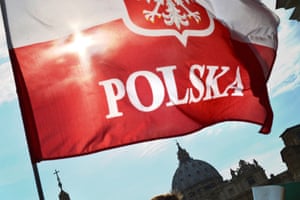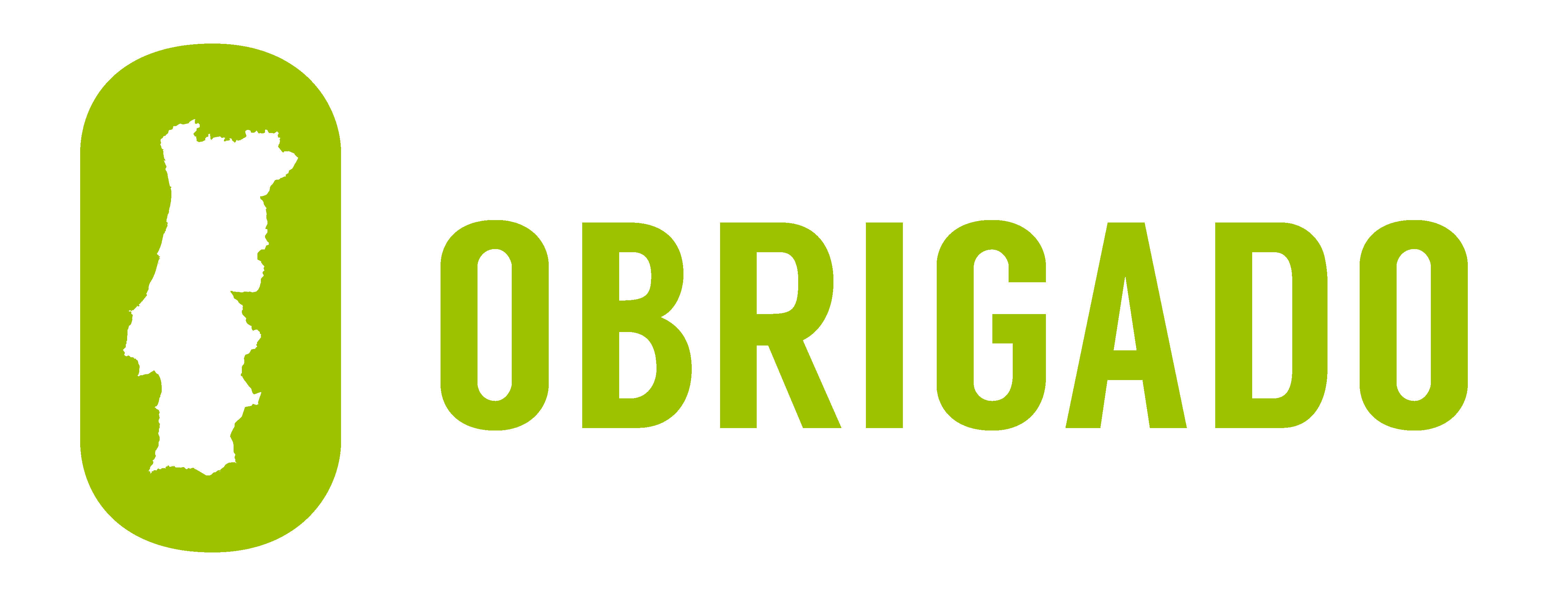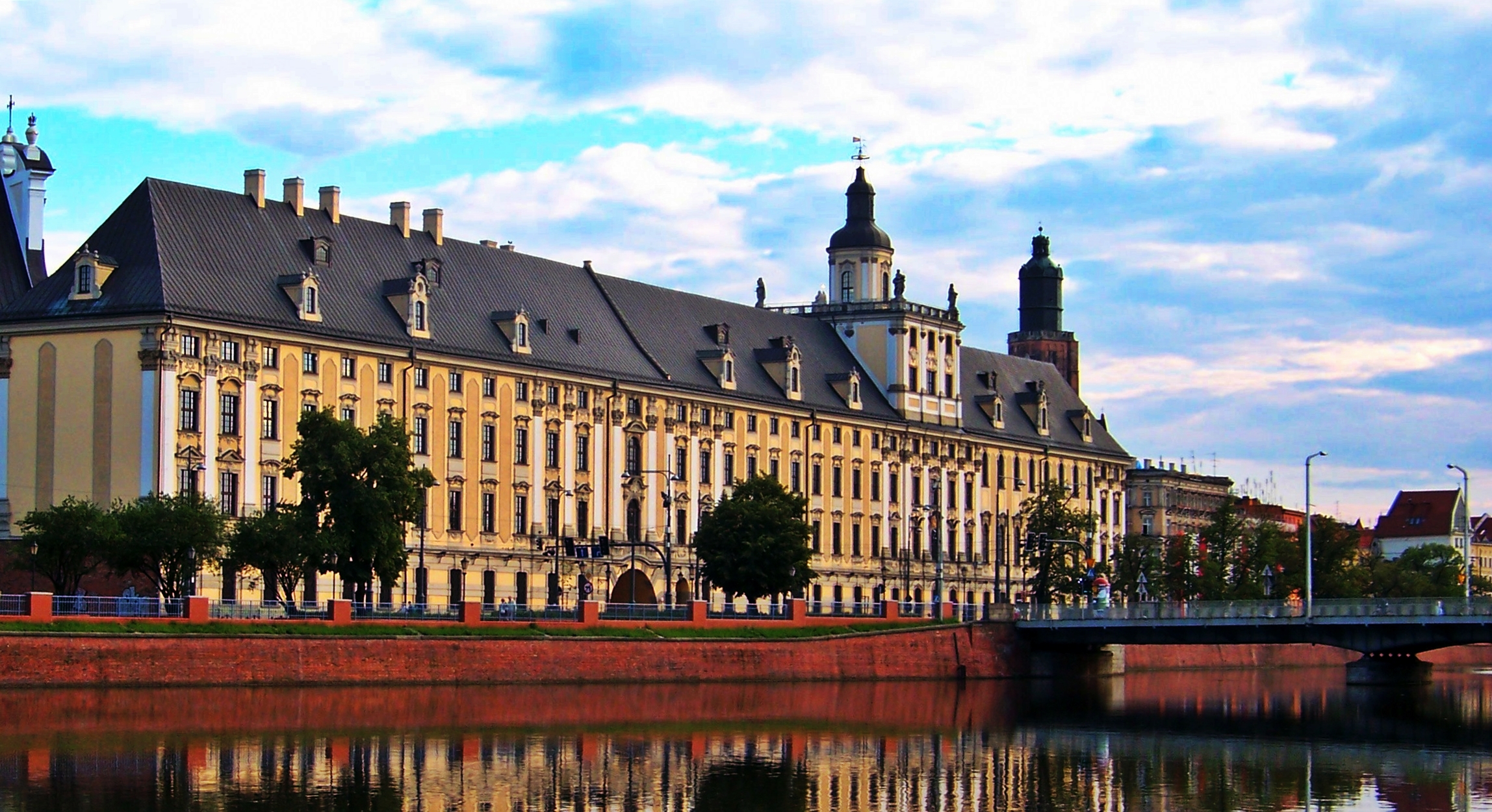
Within the last 5 years, Poland has become more and more popular among people from many corners of the World. Despite many changes in the internal political system and a rather conservative attitude and policies from the Polish government, the country became the second on the list to host foreigners in the whole EU. I wanted to get a deeper look into who are those people and what stands behind the so complicated Polish immigration policies.
Being a relatively new country, Polish culture has many aspects and strong cultural grounds that many citizens confidently stand on, including the dedication to the Polish language and rather conservative views on the Catholic religion. Those can often be obstacles for the foreigners coming to build a new home in Poland and to find stronger connections with the locals as well as to understand the culture better and to be closer in adapting to it.
2015 has been a year for big changes within the country’s domestic and international affairs. With the Law and Justice party becoming the ruling power, Poland, together with Hungary has decreased its reputation in the EU by refusing to accept refugees, while the whole EU was trying to take the load off Italy and Greece suggesting Asylum for 16000 per country. “In agreeing to take in refugees, the [previous government] put a ticking bomb under us,” Interior Minister Mariusz Błaszczak told reporters in Brussels. “We’re defusing that bomb.” stated in Politico.
UNHCR was another organization to criticize the Polish political position on immigration, as well as stating that not allowing people to seek asylum is part of breaking the European Convention on Human Rights.
Despite the mentioned specific approach, surprisingly, Poland has issued residency permits for over 683,000 foreigners in 2017 according to Eurosta, moving Poland ahead of the United States with the number of people seeking temporary immigration.
So who are the people, the Polish Government happened to be generous for granting the residence permits for? With the booming development of the Polish economic system and the high number of Polish nationals who have left the country in search of better financial opportunities, the level of unemployment in Poland has never been so low dropping down to only 2,9%. This makes so many new Polish employers crave for the employees, and the only way Poland can substitute those who left, by accepting those who are knocking on the Polish economic and employment doors.
For years now, Poland has been progressively employing more and more workers from Ukraine, Belarus, and Moldova. The number of Ukrainian labor immigrants has increased significantly in 2017 when the EU authorities have granted visa-free entrance to all its’ citizens for touristic or business purposes, Poland was the one to allow visa-free annual, six-month employment opportunities annually.
Despite the boom in immigrants from the former Soviet Union, Poland has also been receiving more and more immigrants from within the European Union, more than that, a lot of them are coming from the Western European countries. As per the research done by “Notes from Poland”, most western Europeans are coming from Portugal, Spain, and Italy as they have more job opportunities here than in their own countries.
As in the last years, Poland has also become a perfect location for many companies to establish their headquarters, due to lower taxes and cheaper labor force compared to western Europe. The newly established businesses from abroad started seeking people who would also speak languages other than English. This has become one of the factors that encouraged employees from abroad.
Poland chose a win-win approach when we talk about immigration. The number of international corporations has grown significantly in the last 5 years, giving more and more people work opportunities. With that fact, companies started to hire more people who are young professionals, which created an immigration boom from southern and eastern Europe. Despite all the positive aspects, Poland still has not changed its policies on granting asylum and loading of the rest of the EU.
The Polish government has agreed to follow the European Union policies, including the Europan Convention on Human Rights (ECHR), that requires countries to protect human rights and political freedoms of those in need. A lot of Polish nationals stay neutral to the opinion of refugees, as the major part of the society believes, the refugees only bring violence. “We don’t want terrorists here,” the Polish pensioner says, when asked about EU plans to resettle refugees more broadly across the continent. “Have you seen what they’re doing in the west?” – said one of the locals to The Guardian.
If their opinions are influenced by the government, or by the local media, those will remain as debatable questions.
Despite the official position not to take the refugees, we can be sure that it happily welcomes those, who will bring new businesses, pay taxes, and in this question, it does not discriminate against the nationalization to the Europeans, middle-eastern or any other part of the world, which still made the country a successful hub and a meeting point for many nationalities.





















